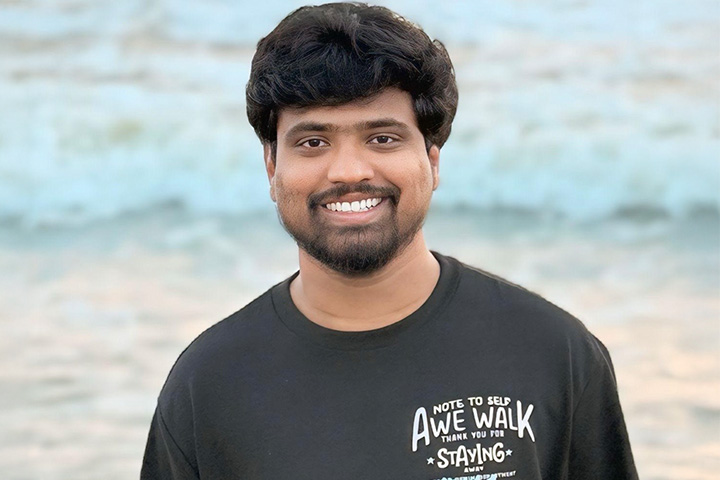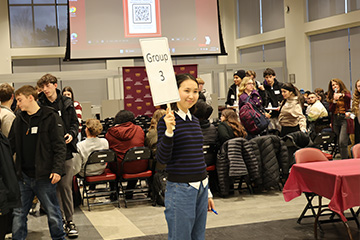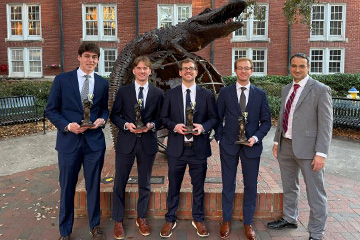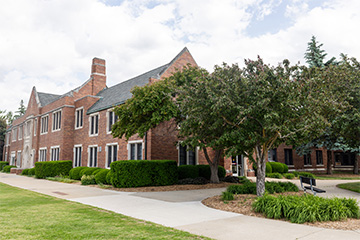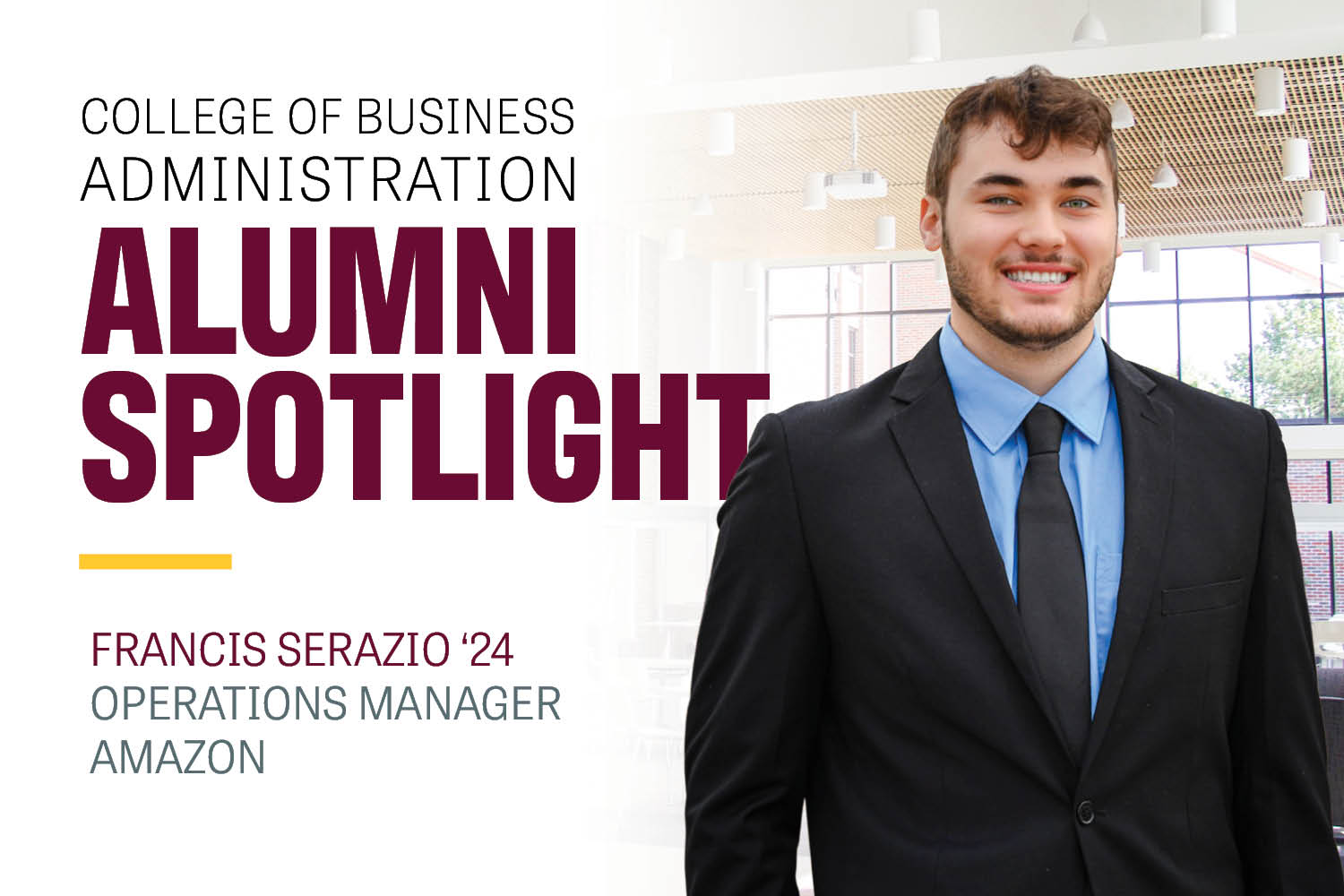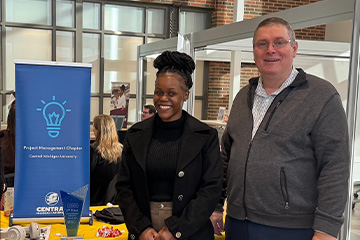Designing the future of responsible smart homes
CMU BIS student Akhilreddy Bokka earns a prestigious conference workshop acceptance for his breakthrough agentic AI research
For Central Michigan University business information systems graduate student Akhilreddy Bokka from Kamareddy, India, the future of smart homes can and should do more than automate tasks. His research paper, “Designing Responsible Agentic AI Homes as Hybrid Intelligent Service Ecosystems,” has been accepted for presentation at the SIG SVC Workshop at ICIS 2025, a premier international conference for information systems scholars.
“My paper discusses the potential of smart homes to go beyond mere automation into hybrid, intelligent ecosystems where humans and AI systems, together with rules of the household, cooperate and collaborate,” Bokka said. “I wanted to design a model that feels more transparent, trustworthy, and collaborative.”
What makes an Agentic AI Home System different
Bokka’s study introduces the Agentic AI Home System (AAIHS), a framework that treats smart homes as active partners rather than passive tools.
“AAIHS is a smart home that acts more as a partner rather than just a reactive system,” he said. “It explains its actions, accepts overrides and adapts over time.”
The model incorporates:
- Configured agency—the AI decides when to act independently and when to involve the user.
- Computable institutions—household norms, ethics, and boundaries are built into the system.
- Transparency and explainability—users know why actions happen.
- Reflexive learning—the system improves user feedback.
“My work contributes to responsible AI because it highlights an AI system behaving with much more autonomy while remaining transparent, safe, and aligned with the people who live in that home,” Bokka said.
Challenges that shaped the research
Implementing autonomous, responsible AI inside the home raised important ethical and practical questions. “The big challenge was trying to balance the technical side with the human experience side of agentic AI,” Bokka said. “Most existing smart homes are still very technology-first. They automate well, but don’t communicate well.”
Designing for user trust, human override and daily practicality became central. “It taught me that it is not just the algorithms, but the alignment of AI reasoning, user values, and institutional boundaries taken together that allow the ecosystem to work seamlessly.”
Mentorship that strengthened the work
Bokka credits BIS faculty member Ashley Yu with helping shape the project from concept to completion. “If I am being completely honest, the best part of this project was working with Professor Ashley Yu,” he said. “Every time I went too deep into the technical side, she would bring me back to think about the people who will live with these systems.”
Yu said Bokka’s clarity and persistence stood out from the start. “I was consistently impressed by his ability to work through complex ideas with clarity and persistence, and by the intellectual curiosity he showed at every stage of the project,” she said. “This research matters because agentic AI in the home raises important questions about trust and accountability.”
Their work reflects a defining strength of the College of Business Administration: close faculty mentorship that elevates student research.
A milestone on a growing research path
Having the paper accepted to ICIS is both validating and motivating for Bokka. “It gives me the feeling that my thoughts on agentic AI and hybrid intelligence have earned some respect among researchers,” he said. “It keeps me motivated to develop this work into a stronger full paper in the future.”
He plans to extend the AAIHS model to settings like healthcare or public environments where hybrid intelligence and responsible governance matter even more.
“My objective remains to develop systems which continue to be smart, trustworthy, explainable and aligned with those using them.”
